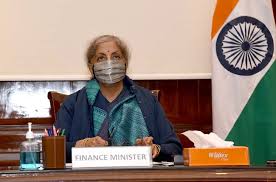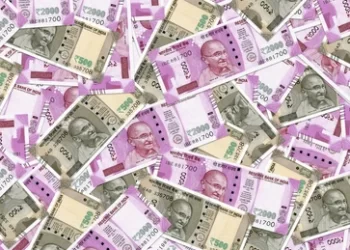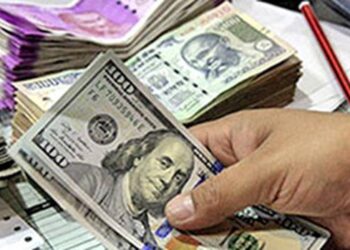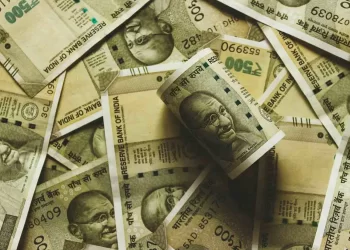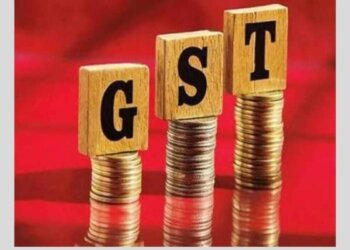The Ministry of Finance has released the 9thweekly instalment of Rs.6,000 crore to the States to meet the GST compensation shortfall. Out of this, an amount of Rs.5,516.60 crore has been released to 23 States and an amount of Rs.483.40 crore has been released to the 3 Union Territories (UT) with Legislative Assembly (Delhi, Jammu & Kashmir & Puducherry) who are members of the GST Council. The remaining 5 States, Arunachal Pradesh, Manipur, Mizoram, Nagaland and Sikkim do not have a gap in revenue on account of GST implementation.
The Government of Indiahad set up a special borrowing window in October, 2020 to meet the estimated shortfall of Rs.1.10 lakh crore in revenue arising on account of implementation of GST. The borrwoings are being done through this window by the Government of India on behalf of the States and UTs. The borrowings have been done in 9 rounds. The amount borrowed so far was released to the States on 23rd October, 2020, 2nd November, 2020, 9th November, 2020, 23rd November, 2020, 1st December, 2020, 7th December, 2020, 14th December, 2020, 21st December, 2020 and 28thDecember, 2020.
The amount released this week was the 9th instalment of such funds provided to the States. The amount has been borrowed this week at an interest rate of5.1508%.So far, an amount of Rs.54,000 crore has been borrowed by the Central Government through the special borrowing window at an average interest rate of 4.7488%.
In addition to providing funds through the special borrowing window to meet the shortfall in revenue on account of GST implementation, the Government of India has also granted additional borrowing permission equivalent to 0.50 % of Gross States Domestic Product(GSDP)to the states choosing Option-Ito meet GST compensation shortfall to help them in mobilising additional financial resources. All the States have been given their preference for Option-I. Permission for borrowing the entire additional amount of Rs.1,06,830 lakh crore (0.50 % of GSDP) has been granted to 28 States under this provision.
Source:PIB







 Finance
Finance